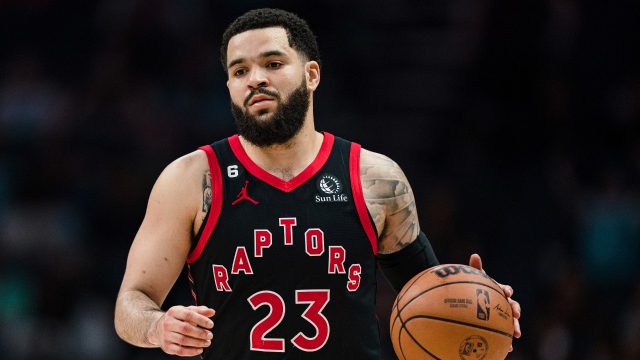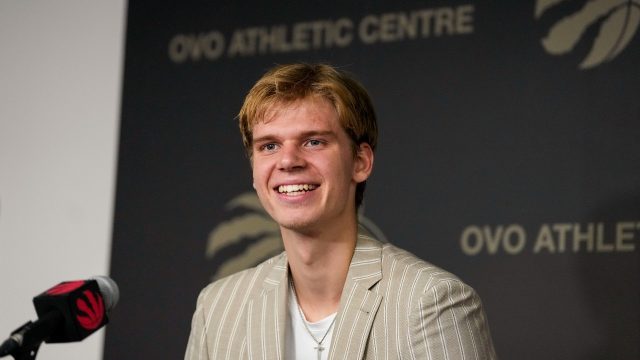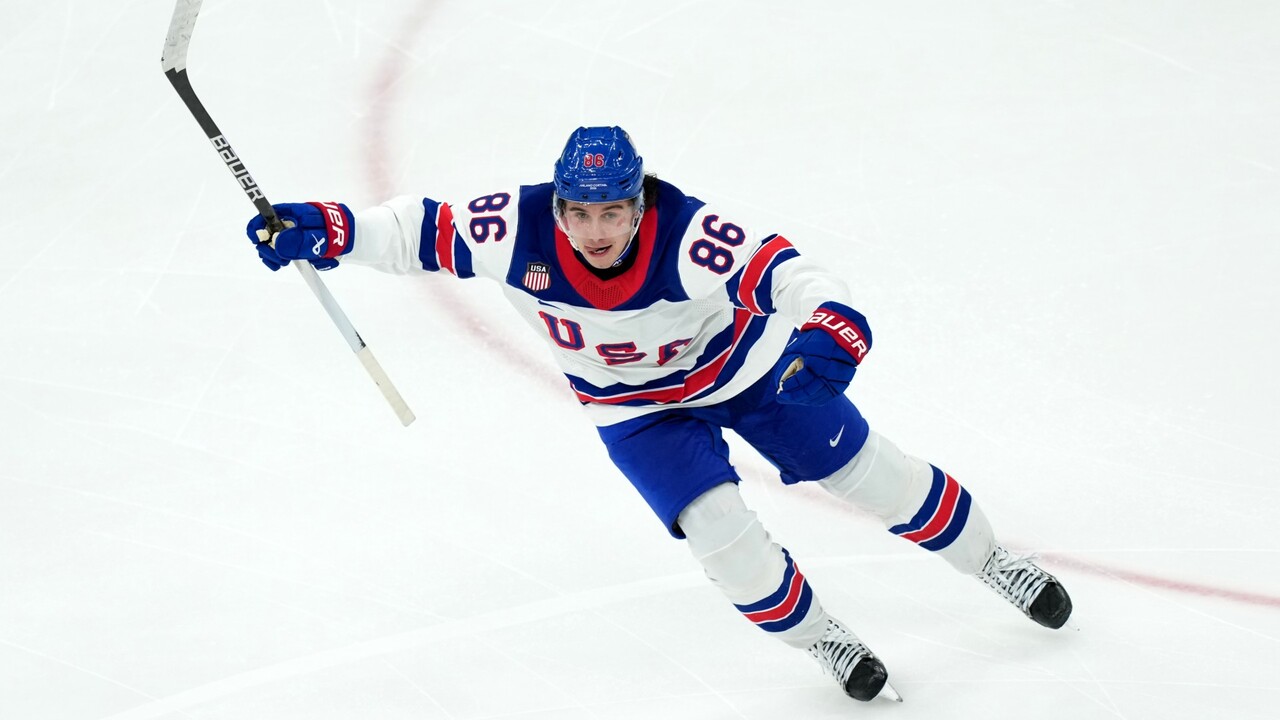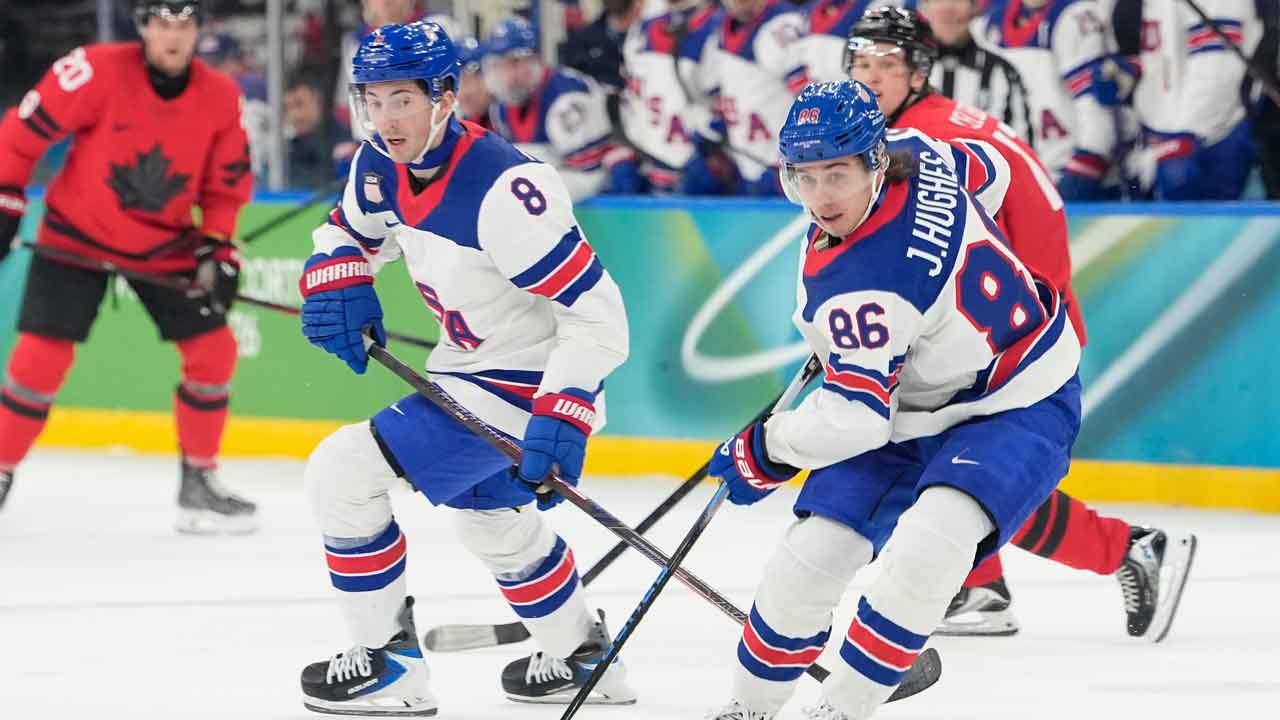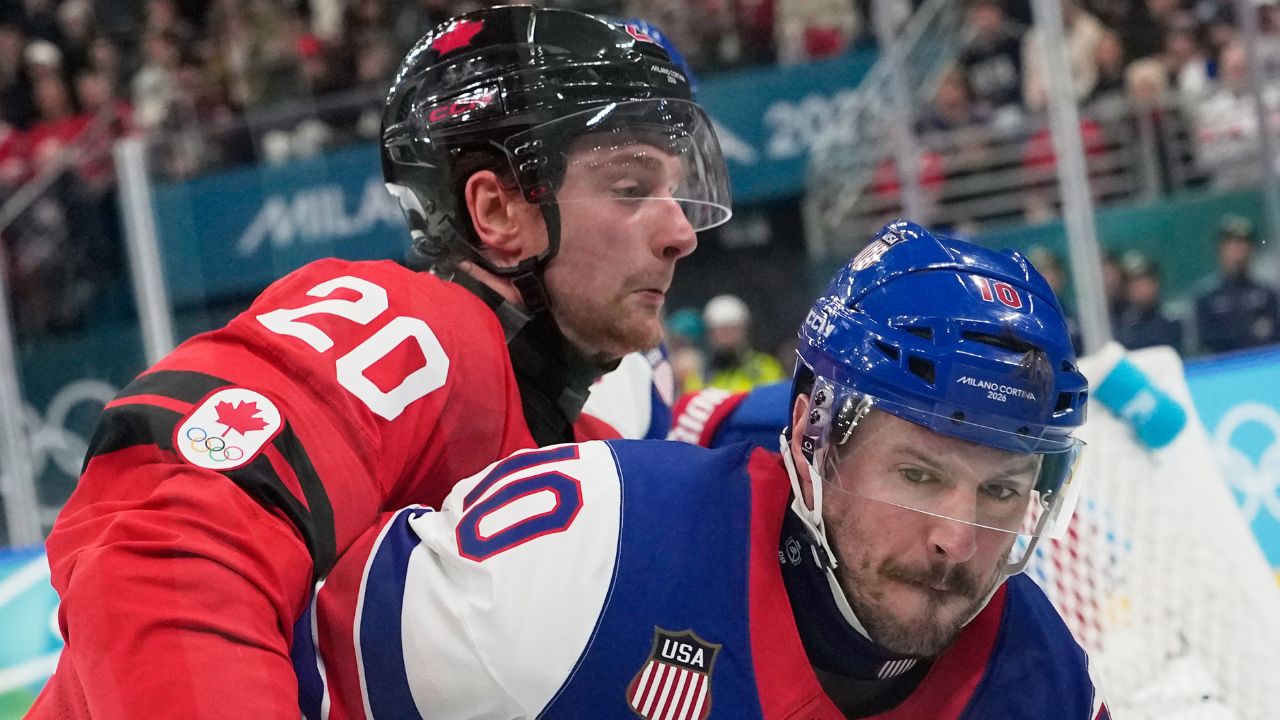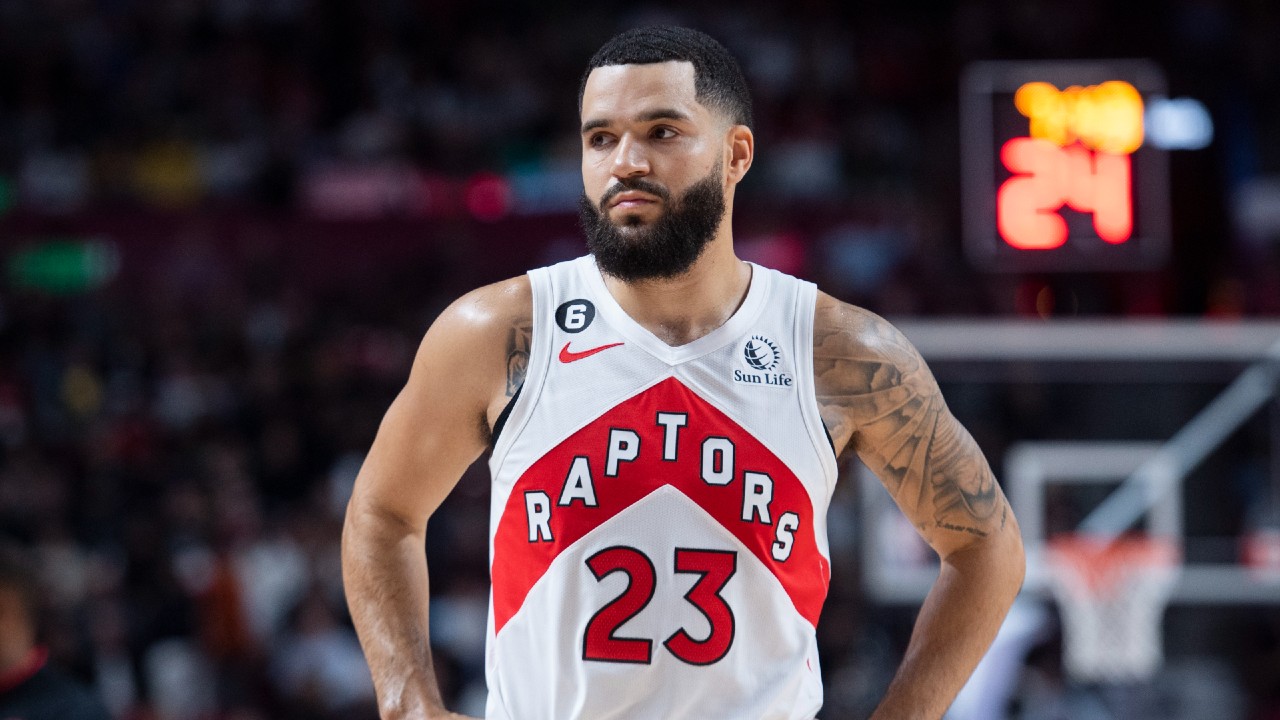
On the eve of free agency, it’s fair to wonder if the Toronto Raptors have put themselves in a pickle.
And as you tumble through the possibilities, permutations, speculation and ‘reports’, it certainly begins to feel like, yes, the Raptors are deep in some salty juice with no guaranteed exit strategy.
It begins but won’t necessarily end with Fred VanVleet, the club’s only proven point guard, an all-star in his prime, the bearded face of the franchise, the ultimate symbol — from undrafted to all-star — of the team’s once seemingly seamless player development program.
That VanVleet was going to decline his $22.8-million player option for 2023-24 and test free agency was his plan coming out of training camp last season when lesser players were signing bigger deals than the four-year, $114-million extension he could have signed with Toronto. There were some wobbles when VanVleet got off to an uncharacteristically slow start, but when he finished the season healthy and averaged 20 points, eight assists and two steals a game for the last three months of the season (albeit while shooting 40 per cent from the field and 35 per cent from three), there was no looking back.
But even then, the Raptors had reason to feel good about their overall roster picture. They believed that with some tweaks, the team that finished the season 15-10 could pick up where they left off last season.
They were prepared to sign VanVleet to a deal with an average annual value of about $30 million over three years. And while VanVleet was expected to draw interest in a weak class for point guards, it wasn’t necessarily from teams that wanted to spend that much on the 29-year-old. The Raptors weren’t too worried.
In past years — with Kyle Lowry in his two ventures into free agency and also twice with VanVleet — the Raptors have gamed out this process very well, allowing the player to go to market before eventually re-signing on deals that work out for all involved.
But it’s fair to wonder if they current market situation has caught Raptors president Masai Ujiri and general manager Bobby Webster by surprise.
If so, we can blame James Harden.
At the close of the regular season, it was a forgone conclusion that the Philadelphia 76ers guard would return to Houston, where he starred for eight seasons, as the Rockets hoped that the only player in the league to average at least 20 points and 10 assists last year would help them pull out of years of rebuilding and back to relevancy. “It’s done, four years,” one league insider told me back in April about Harden.
Except that as of now, it’s not done and most of the NBA’s informed speculators believe Harden will remain with the Sixers, with Philadelphia likely offering him a two-year extension after he picks up the $36.4-million option he has for the upcoming season. He would be looking at about $80 million in new money.
The downstream effect of Harden staying with the Sixers is that Houston remains a team wanting to change its profile, trying to please a newly hired head coach — Ime Udoka, who badly wants some veterans to help restore some order to what has been the NBA’s version of kindergarten in recent years.
They badly need a point guard and have $60 million in cap space to spend in a market where the choices are few and far between after VanVleet.
It’s hard to know how real the reports are suggesting Houston is prepared to offer VanVleet two years and $80 million-plus.
Also, why the two-year term? It’s presumably because it’s being timed to be off Houston’s books by the time the Rockets have to line up big-money extensions to some of their young core — Jalen Green and Alperen Sengun would have new deals kicking in for the 2025-26 season and 2022 No. 3 pick Jabari Smith and 2023 No. 4 Amen Thompson would be coming up behind them.
Regardless, the people who have reported it are credible, to be sure, and it’s a contract structure I’ve heard from multiple league sources as well, but at this time of year it’s hard to know what’s original or simply information that’s being repeated. A source close to VanVleet pleaded ignorance when I asked about the two years and $80-million figure — teams aren’t allowed to formally make offers until 6 p.m. ET on Friday. Not surprisingly, the concept of it was welcomed with enthusiasm.
Would the Rockets executive team want it out there? Maybe, if only to prove to their owner that the hustle to change the trajectory of his team is in full swing. Who knows?
But the Raptors are concerned and have made calls to try and get a handle on how real a threat Houston really is to sign VanVleet.
So — for argument’s sake — let’s presume that Houston is going to bring a bully offer to VanVleet.
What position does that put the Raptors in?
It’s a tough one. First of all, any idea of the Raptors being able to keep VanVleet on a three-year deal for $90 million would be out the window. The difference in income taxes (Texas has no state tax, to start with) alone would make Houston’s two-year offer on par with three from Toronto.
How can Toronto counter? One option would be to tack on another year to their offer, pushing it to four years and $120 million. But that causes problems. Not only would they be paying a then-33-year-old VanVleet nearly $33 million in 2026-27, the Raptors would also have that on their books at the same time as big deals for Scottie Barnes and OG Anunoby are up and running, along with whatever else happens over the next four years.
And that’s presuming VanVleet — having grown used to the sound of an annual salary starting with a four — would even sign for $30 million.
Then the Raptors run into real problems. Every dollar more they have to pay VanVleet — over any term — is less they have to pay Jabob Poeltl, the centre the Raptors acquired from the San Antonio Spurs for a lightly-protected 2024 first-round pick at the trade deadline.
And guess what? The market for free-agent centres is thinner than the point guard market and Poeltl is judged the best available. While a deal averaging $20 million — a four-year $80 million agreement would start at $18 million or thereabouts — might have been deemed reasonable by all parties at one stage, there’s nothing to stop the big Austrian from playing hardball and pushing for a little more.
The cascading effect is more roster movement: would Toronto have to attach draft picks to move Otto Porter Jr.’s $6.3-million contract? Or the $3.8 million left on Malachi Flynn’s deal? Maybe it’s the two years and $22.5 million left on Chris Boucher’s contract that has to go, robbing the Raptors of one of their few reliable bench options on a team where depth has been an issue.
All of this assumes the Raptors would dig as deep as necessary to sign VanVleet – a reasonable assumption given they’ve only ever signaled an intention to remain competitive rather than cycle back with a rebuild, and he’s one of their best players.
But perhaps there is a world where the Raptors decide they won’t allow external pressure to push them into signing a deal — for money or term or both — that they don’t believe is proper value.
A potential scenario would see VanVleet sign with Houston and the Raptors losing one of their last ties to their championship core, their only point guard and a guy who has been the most visible player on their team since Lowry left in the summer of 2021 for no return.
Sure it might be the fiscally prudent decision, but it sure makes not trading VanVleet at the trade deadline look like a mistake.
Similarly, how will Poeltl feel about re-signing with a team that loses his friend and point guard in free agency, given one of his priorities in free agency is to play on a competitive team?
What if the Raptors are unable to sign him, too?
It’s a worst-case outcome and one that would be difficult to spin positively.
As is the norm around this date on the NBA calendar, there are plenty of questions — but fewer firm answers.
For now, VanVleet — Mr. Bet on Yourself — is holding a strong hand.


